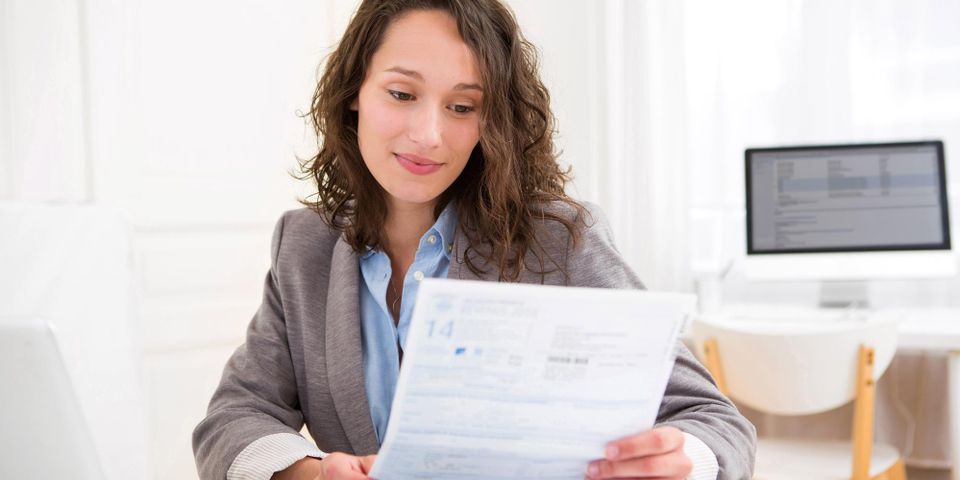
On March 27, 2020, the U.S. government passed the Coronavirus Aid, Relief, and Economic Security Act (CARES) to help Americans affected by the economic impact of the COVID-19 pandemic. Under the CARES act, many Americans are entitled to a recovery rebate, or stimulus check, to provide financial relief during these unprecedented times. Consult these commonly asked questions about the federal recovery rebates to find out more about what they entail and what tax return preparation steps you might need to take to receive your full benefit.
Frequently Asked Questions About the COVID-19 Stimulus Checks
Who is entitled to a stimulus check?
As part of the $2 trillion stimulus package, the U.S. government will provide a one-time payment of up to $1,200 to individuals and an additional $500 for each qualifying child. The full $1,200 benefit will be paid automatically to qualifying Americans with Social Security numbers based on the income reported on 2018 or 2019 federal tax returns.
How will the full benefit be calculated?
The $1,200 max benefit will be available to individuals with an adjusted gross income (AGI) of up to $75,000—or $150,000 if you’re married and filed jointly.
As your AGI increases, your stimulus rebate will decrease, phasing out completely for individuals whose income exceeds $99,000 and $198,000 for married couples filing jointly with no children.
2019 tax return preparation can maximize the benefit for those who have had a major life event, such as the birth of a child or a reduction in finances since their last filing.
What do I need to do to receive my check?
 If you filed your taxes in 2018 or 2019 or claim Social Security benefits, you don’t need to take any action to collect your stimulus rebate. Your stimulus check will be mailed to the address currently on file with the IRS or the Social Security Department. If you received direct deposit payments on your last tax filing, the funds will be sent to your bank account.
If you filed your taxes in 2018 or 2019 or claim Social Security benefits, you don’t need to take any action to collect your stimulus rebate. Your stimulus check will be mailed to the address currently on file with the IRS or the Social Security Department. If you received direct deposit payments on your last tax filing, the funds will be sent to your bank account.
When will I receive my stimulus check?
The IRS will begin direct deposit payments in mid-April, while paper checks are expected to take much longer. Though the exact timeline for paper checks is still unknown, recent reports have estimated that payments will be mailed to the lowest-earning Americans first beginning in late April, with higher-earning Americans receiving their checks as late as September.
To ensure you receive your maximum recovery rebate check, file your 2019 tax returns today with the experts at James & Associates in Wailuku, HI. For over 25 years, their knowledgable team has specialized in tax return preparation. Contact them today at (808) 244-2030 or visit them online for more information on their capabilities.
About the Business
Have a question? Ask the experts!
Send your question

